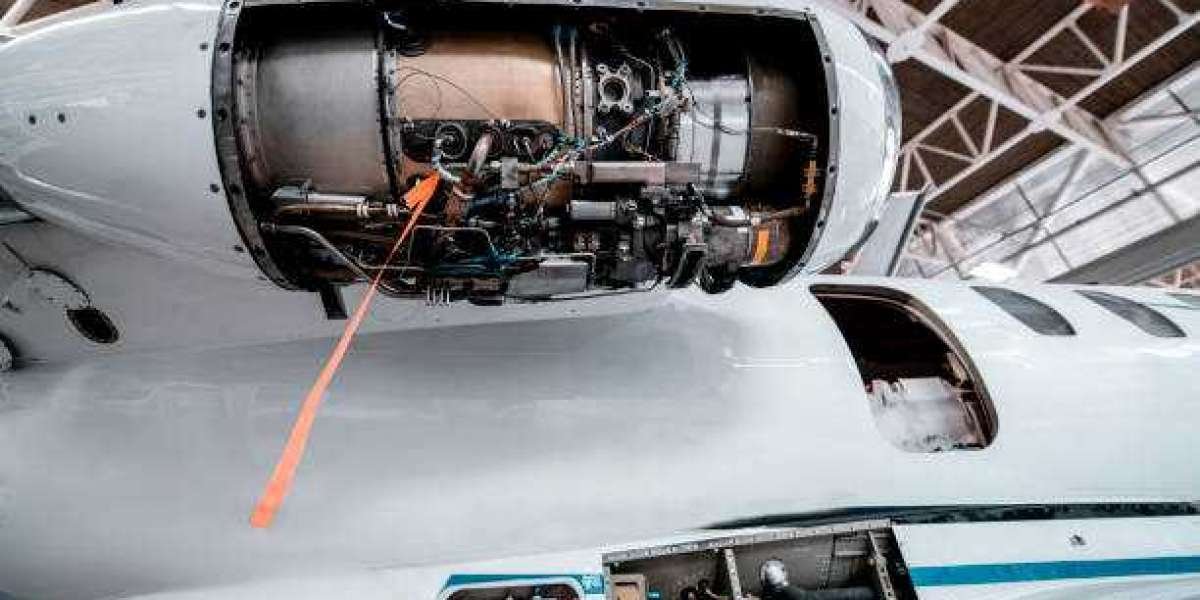Vehicle engine part maintenance is crucial for several reasons, with numerous benefits that extend the lifespan of the engine and improve the overall performance of the vehicle, especially if you have installed aftermarket performance parts and engine accessories like blow off valves and air intakes on your car. Here is why it is important and what benefits it offers.
Importance of Vehicle Engine Part Maintenance:
- Prevents Major Failures: Regular maintenance ensures that engine components are in good condition, preventing breakdowns or failures that could lead to costly repairs.
- Ensures Optimal Performance: Keeping engine parts in good shape allows the vehicle to run smoothly and efficiently, optimising fuel consumption and power output.
- Extends Engine Lifespan: Routine maintenance reduces wear and tear, prolonging the life of the engine and avoiding premature engine replacements.
- Enhances Safety: A well-maintained engine reduces the risk of accidents due to engine malfunctions, improving safety for the driver and passengers.
- Maintains Warranty: Following a regular maintenance schedule is often required to keep the manufacturer’s warranty valid.
- Environmental Responsibility: A properly maintained engine runs more cleanly, reducing harmful emissions and contributing to a healthier environment.
Benefits of Regular Engine Maintenance:
- Improved Fuel Efficiency: Regular servicing, such as oil changes and air filter replacements, keeps the engine running efficiently, reducing fuel consumption.
- Reduced Repair Costs: Addressing small issues during maintenance can prevent larger, more expensive problems down the road.
- Enhanced Vehicle Resale Value: A well-maintained engine adds to the vehicle's resale value, as buyers are more likely to pay a premium for a car with a documented service history.
- Smoother Driving Experience: Maintenance ensures that the engine runs without hiccups, providing a more comfortable and smooth driving experience.
- Minimised Risk of Breakdowns: Timely inspection and replacement of worn parts reduce the risk of sudden breakdowns, which could leave the driver stranded.
- Compliance with Emission Standards: A regularly maintained engine helps in keeping the vehicle within emission standards, avoiding fines or penalties.
Maintaining vehicle engine parts ensures reliability, performance, safety, and cost savings over time.
Tips for prolonging vehicle performance through engine part maintenance
Prolonging vehicle performance through proper engine part maintenance is key to keeping your car running efficiently and avoiding costly repairs. Here are some practical tips to help maintain engine parts and extend your vehicle's performance:
- Regular Oil Changes
- Why it matters: Engine oil lubricates the moving parts, reduces friction, and keeps the engine cool. Over time, oil degrades and becomes less effective.
- Tip: Change your engine oil and oil filter as recommended by the manufacturer, usually every 5,000 to 7,500 miles or based on your driving habits (e.g., frequent short trips or extreme temperatures may require more frequent oil changes).
- Check and Replace Air Filters
- Why it matters: The air filter keeps dirt, dust, and debris from entering the engine, allowing it to "breathe" properly.
- Tip: Inspect and replace the air filter every 12,000 to 15,000 miles, or sooner if you drive in dusty conditions. A clogged air filter can reduce engine efficiency and fuel economy.
- Inspect and Maintain the Cooling System
- Why it matters: The cooling system (radiator, water pump, and hoses) prevents the engine from overheating, which can cause severe damage.
- Tip: Check the coolant levels and flush the cooling system every 30,000 to 60,000 miles, depending on the manufacturer's recommendations. Look out for leaks or damaged hoses.
- Replace Spark Plugs
- Why it matters: Spark plugs ignite the air-fuel mixture in the engine. Worn spark plugs can lead to misfires, poor fuel economy, and reduced engine performance.
- Tip: Replace spark plugs approximately every 30,000 to 100,000 miles, depending on the type of plugs and your vehicle’s specifications. Keep an eye out for signs like rough idling or slow acceleration.
- Monitor Fluid Levels
- Why it matters: Engine fluids (transmission fluid, brake fluid, power steering fluid) are essential for smooth operation and the protection of various components.
- Tip: Regularly check fluid levels and top them off as needed. Follow the manufacturer’s recommendations for fluid replacements.
- Pay Attention to Warning Lights
- Why it matters: Modern vehicles are equipped with sensors and warning systems that detect issues early, such as the check engine light.
- Tip: Never ignore dashboard warning lights. When a warning light comes on, have it diagnosed and addressed as soon as possible to prevent further damage.
- Maintain Proper Tyre Pressure
- Why it matters: Proper tyre pressure ensures balanced load distribution and can affect engine performance since it impacts fuel efficiency and handling.
- Tip: Check tyre pressure monthly and before long trips. Ensure tyres are inflated to the manufacturer’s recommended PSI for optimal performance.
- Inspect Belts and Hoses
- Why it matters: Belts like the timing and serpentine belts drive essential engine components, while hoses transport fluids. Worn belts or leaking hoses can cause engine failure.
- Tip: Inspect belts and hoses during every oil change for signs of wear, cracks, or leaks, and replace them according to your vehicle’s maintenance schedule.
- Use Quality Parts and Fluids
- Why it matters: Using substandard or incorrect parts and fluids can cause premature wear and reduce engine efficiency.
- Tip: Always use manufacturer-recommended parts and fluids, including the right grade of engine oil, to ensure compatibility and optimal performance.
- Drive Smoothly
- Why it matters: Aggressive driving, such as rapid acceleration, hard braking, and high-speed driving, places unnecessary strain on the engine.
- Tip: Avoid abrupt starts and stops, maintain a steady speed, and follow proper acceleration techniques to reduce stress on the engine and prolong its life.
- Keep the Fuel System Clean
- Why it matters: A clean fuel system ensures proper fuel delivery and combustion, leading to efficient engine operation.
- Tip: Use fuel injector cleaners periodically and consider having the fuel system professionally cleaned if you notice poor fuel economy or performance.
- Schedule Regular Tune-Ups
- Why it matters: Regular tune-ups help catch minor issues before they become major problems, ensuring the engine runs efficiently.
- Tip: Follow your vehicle’s recommended tune-up schedule to ensure components like the ignition system and emission controls are in good condition.
By staying on top of these maintenance tasks, you will not only prolong your vehicle’s performance but also improve its overall reliability and save money in the long run.














